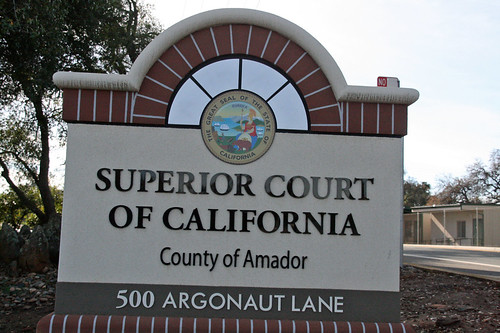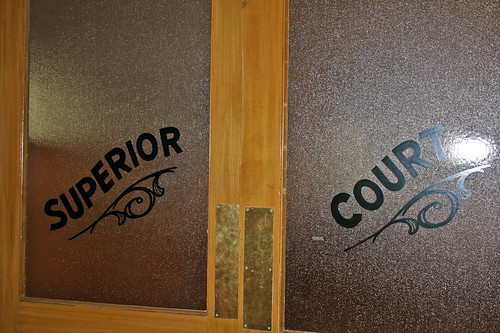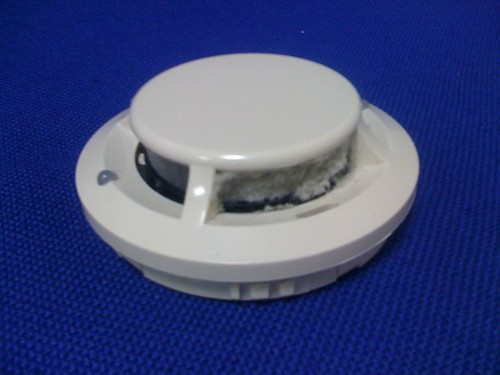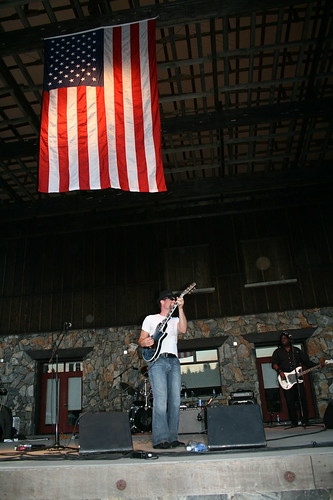Monday, October 1, 2012
California Smoke Alarms Requirenents.
California Smoke Alarm News.
Smoke Alarm Requirements for Home Improvers and Landlords: Starting not next year but January 1, 2014, for all dwelling units intended for human occupancy for which a building permit is issued for alterations, repairs, or additions for more than $1,000, the issuer of the building permit will not sign off on the completion of work unless the owner demonstrates that all smoke alarms (previously “smoke detectors”) required for the dwelling unit are devices approved by the State Fire Marshal. Also starting January 1, 2014, to be approved and listed by the State Fire Marshal, a smoke alarm must display the date of manufacture, allow a place for the date of installation to be written, incorporate a hush feature, incorporate an end-of-life warning, and, for battery-operated devices, contain a non-removable 10-year battery. These rules may be superseded by a local rule or ordinance that is more stringent than state law. For properties rented or leased, an owner is generally responsible for testing and maintaining smoke alarms in an apartment complex or other building starting January 1, 2013 and in a single-family residence starting January 1, 2014, and also responsible for installing additional smoke alarms as needed to comply with building standards starting January 1, 2016. Senate Bill 1394.
Jim W Hildreth-Mediator www.RealEstateMediation.org
Thursday, September 6, 2012
Modified Seller 2nd Note Wiped Out
Modified Seller Held Note Subject to Anti-Deficiency Statutes.
Appellant buyers purchased a multi-unit parcel from the seller for $1,265,000.00. The purchase price consisted of a cash down payment, a purchase money first trust deed financed by an independent lender, and a purchase money second trust deed in favor of the seller securing a promissory note for $245,000.00.
A few years later, the buyers sued the seller for non-disclosure of housing code violations in the original transaction. In settlement of that lawsuit, the parties agreed to reduce the amount of the seller’s note. The note was also modified to extend its term and reduce the monthly payments to interest only
Sometime thereafter, the buyers defaulted on both first and second promissory notes. The holder of the first trust deed foreclosed on the property, wiping out the second trust deed.
The seller, thereafter, filed a motion to enforce the settlement agreement as a separate judgment under the provisions of section 664.6 of the Code of Civil Procedure, claiming the full amount of the note plus interest and attorneys’ fees. The buyer opposed the motion on the grounds that the anti-deficiency statute (section 580b of the Code of Civil Procedure) precluded the seller from recovering a deficiency judgment and limited the seller’s recovery to the note’s security, which had been exhausted. The trial court entered judgment in favor of the seller for $215,615.00 for the principal amount, unpaid interest, and attorneys’ fees.
The Second District Court of Appeal reversed the judgment in Weinstein v. Rocha B235931, filed August 1, 2012. The DCA held that the settlement agreement, “… did not create a separately enforceable independent obligation…” for the buyer to pay the seller $200,000.00. The settlement agreement was tied to the promissory note as a modification of the terms of the note, which was a seller financed note secured by a deed of trust. As such, the seller’s sole remedy was limited to his note’s security, which was exhausted by the foreclosure of the first trust deed.
Thursday, August 23, 2012
Orange grove, Orange County, 1961
Was asked to resolve a dispute today in Orange County involving a consumer and a real estate agent, who is being rude, defensive and unprofessional. Jim Hildreth Mediator of Real Estate Mediation Services http://www.RealEstatemediation.org has a specialty involving & resolving real estate disputes in California.
Tuesday, August 21, 2012
Superior Court
Will meet with a Buyer over a California Estate Dispute involving non-disclosure issues.
Wednesday, July 18, 2012
Reminder Californians
Just a reminder, The bottom line is that ALL SINGLE FAMILY 1-4 dwelling California residential dwelling units as of July 1, 2011 must have a CO detector, even those that are not being sold. All other dewlling units (multi-family, dormatories, hotels, motels, etc) must have CO detectors installed by January 1, 2013.
Saturday, July 14, 2012
Columbia Stage Coach
In the past five years, I have done some interesting mediation's, from a stolen tractor, guns, a mummy cat, dog disputes and today I was asked to mediate a dispute involving a passenger on a stage coach.
I look forward in being the mediator.








